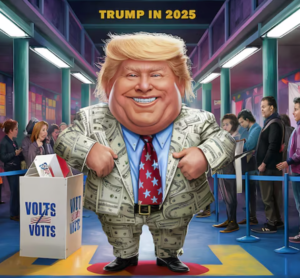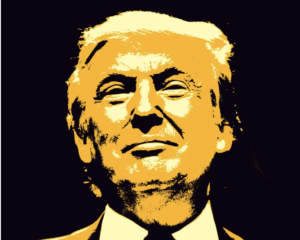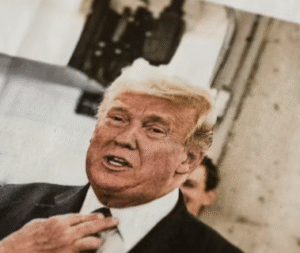$TSLA $HYMTF $USD
#Tesla #Hyundai #EV #ElonMusk #Trump #ElectricVehicles #StockMarket #AutomotiveIndustry #Tariffs #GlobalTrade #CleanEnergy #MarketOutlook
South Korean automaker Hyundai Motor Co’s incoming CEO, Jose Munoz, expressed confidence in the growth trajectory of the electric vehicle (EV) market, even as concerns mount over potential shifts in policy during a potential Trump presidency. Munoz believes the industry is robust enough to weather political uncertainties, including potential tariff risks and changes in EV-related incentives that have fueled sector growth in recent years. Furthermore, he suggested that Tesla CEO Elon Musk’s access and proximity to influential political figures may be an unexpected advantage for the broader EV industry, given Musk’s high-profile role as a market leader.
The alignment between Tesla’s growth and the federal policy environment has been significant in the past decade. Under administrations that have prioritized clean energy investments, Tesla and other EV manufacturers benefited from tax incentives and subsidies that helped accelerate consumer adoption. However, the specter of potential rollbacks under a Trump presidency could shift the playing field, potentially pressuring manufacturers that rely heavily on these perks for competitiveness. Despite these concerns, Munoz emphasized that Hyundai remains committed to its long-term EV strategy, signaling confidence in the technological and market momentum of the sector. Hyundai has already invested heavily in its own EV lineup and infrastructure and views any political disruption as a temporary headwind rather than a structural challenge.
Much of Munoz’s optimism appears to stem from his belief that key players like Elon Musk will continue to push the sector forward strategically. Musk’s ongoing advocacy for clean energy and his connections to lawmakers could play a stabilizing role during potentially volatile policy shifts. Market analysts may interpret this as a bullish signal for Tesla’s stock ($TSLA), as the automaker’s ability to maintain its dominance could remain intact even in a slightly less favorable regulatory environment. Furthermore, the competitive actions of global automakers like Hyundai ($HYMTF) indicate an underlying confidence among industry leaders in the future of EVs, regardless of political changes in the United States. This global competition has also strengthened the supply chain and innovation cycles, making it harder for any single geopolitical shift to upend the industry’s trajectory.
From an investor’s perspective, the discussion highlights the increasing intersection of politics and corporate strategy within the EV space. Potential tariffs or diminished incentives for electric vehicles could influence valuation shifts in auto stocks, particularly for firms attempting to scale in the U.S. market. Additionally, the strength of the U.S. dollar ($USD) relative to global currencies could impact both import costs for Hyundai and supply chain efficiencies for Tesla, underscoring the importance of maintaining operational flexibility. Ultimately, Munoz’s steadfast approach, paired with Tesla’s well-established market leadership, suggests the EV sector remains poised for long-term growth—though investors may need to navigate short-term volatility as policy uncertainty unfolds.







Comments are closed.